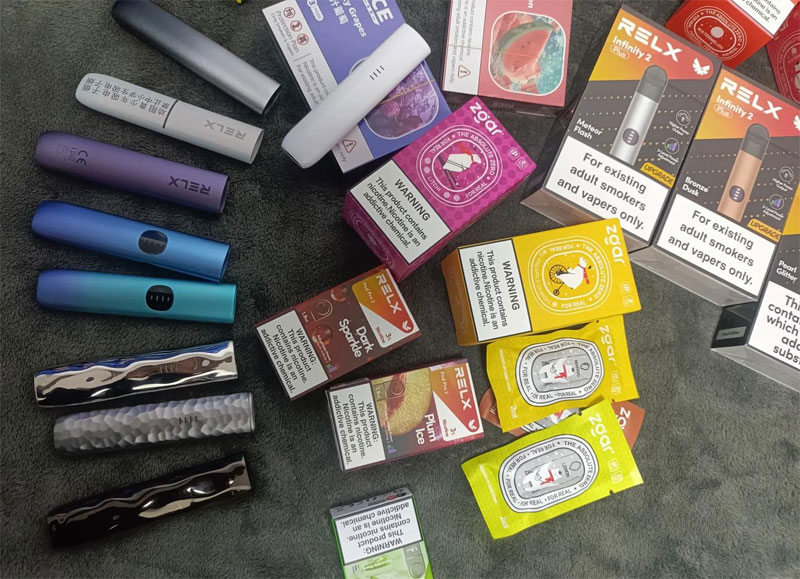In a significant move towards regulating the rapidly changing e-cigarette market, Vietnam plans to implement comprehensive e-cigarette regulations starting in February 2024. This initiative aims to create a more controlled environment for consumers and manufacturers, addressing health concerns and market inconsistencies. The Vietnamese government’s approach to overseeing the e-cigarette industry reflects a growing trend seen globally where tighter regulations are becoming the norm.
Understanding the Need for Regulation
E-cigarettes, often perceived as a safer alternative to traditional smoking, have surged in popularity. However, their rapid adoption, especially among the youth, has raised health alarms. Reports indicate potential negative health impacts from e-cigarettes, including nicotine addiction and exposure to harmful chemicals. These concerns have urged Vietnamese authorities to impose regulations to safeguard public health while ensuring that the market operates within a clear legal framework.
The upcoming Vietnam e-cigarette regulation in February 2024 is expected to address several critical areas: marketing and advertising practices, sales restrictions, quality standards, and the categorization of e-cigarette products. Such measures align with international practices, providing a safer environment both for consumers and businesses.
Key Aspects of the Regulation
- Marketing and Advertising:
 To prevent appealing to underage users, restrictions will be placed on the advertising of e-cigarettes.
To prevent appealing to underage users, restrictions will be placed on the advertising of e-cigarettes. - Sales Restrictions: Aiming to curb underage usage, stringent age verification processes will be enforced.
- Quality Standards: All e-cigarette products need to comply with specific safety and quality benchmarks, ensuring consumer safety.
- Product Classification: Different types of e-cigarette products will be categorized for better regulatory oversight.
By implementing these measures, Vietnam hopes to reduce the number of new users, particularly among young people, and ultimately decrease the health risks associated with unregulated e-cigarette consumption.
Global Influence and Local Impact
Vietnam’s initiative is reflective of actions taken by other countries, positioning itself within a larger global regulatory framework aimed at managing e-cigarette use. The World Health Organization (WHO) and other international bodies have recommended stronger controls to curb the rise of vaping, given its potential to entice a new generation into nicotine dependency.
This regulation is likely to transform how e-cigarette businesses operate within Vietnam, potentially impacting their market strategies and prompting some to innovate in compliance with new laws. By examining similar regulatory environments in countries like the UK and the US, Vietnam can learn and adapt best practices to address its unique challenges and consumer behavior.
Potential Challenges
Despite the clear benefits, challenges persist. The enforcement of these regulations requires coordination among various governmental agencies and support from the private sector. Moreover, some critics argue that too much regulation could suppress business innovation and lead consumers to underground markets that pose greater health risks. Thus, a balanced approach will be crucial.
FAQ

What is the main purpose of Vietnam’s new e-cigarette regulations?
The primary goal is to protect public health by controlling the e-cigarette market through stringent regulations that cover marketing, sales, and product quality standards, thus preventing youth access and ensuring safety.

How will these regulations affect e-cigarette businesses in Vietnam?
Businesses will need to adapt by ensuring compliance with new standards, which may involve changes in their marketing strategies and product offerings. This shift could also stimulate innovation in product development to meet safety and quality requirements.
Are there any global parallels to these regulations?
Yes, many countries have established similar regulations. Vietnam’s approach aligns with global trends to manage vaping’s public health implications, drawing from international experiences to customize their regulatory framework.